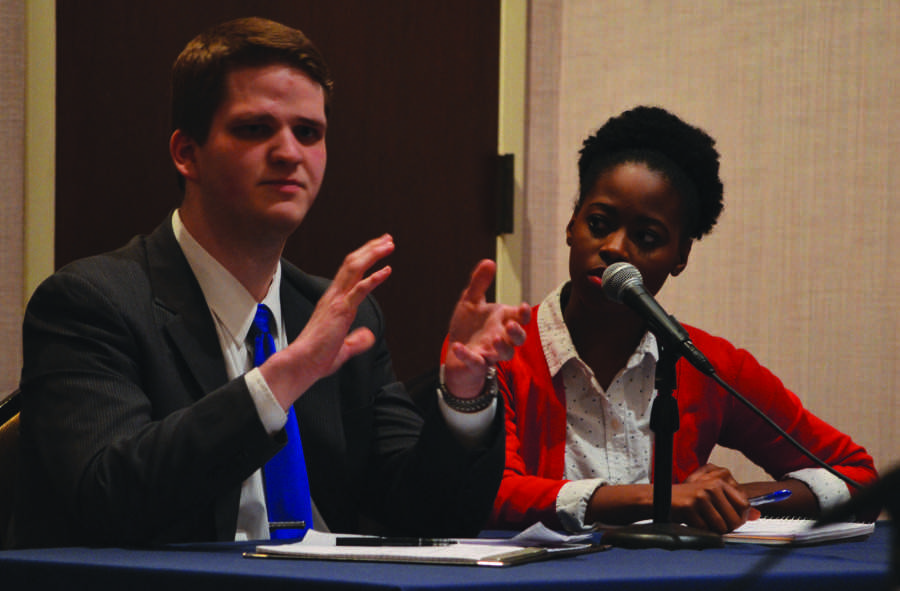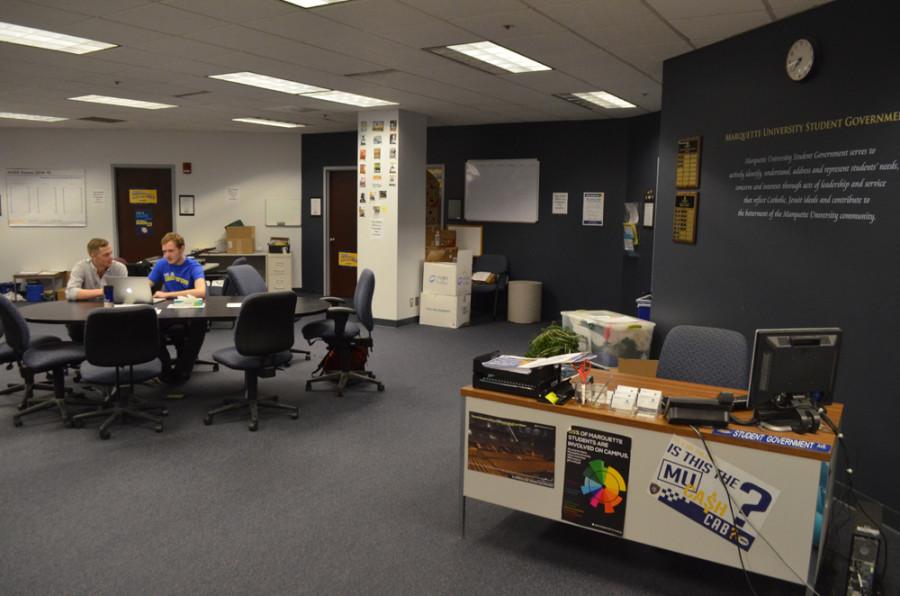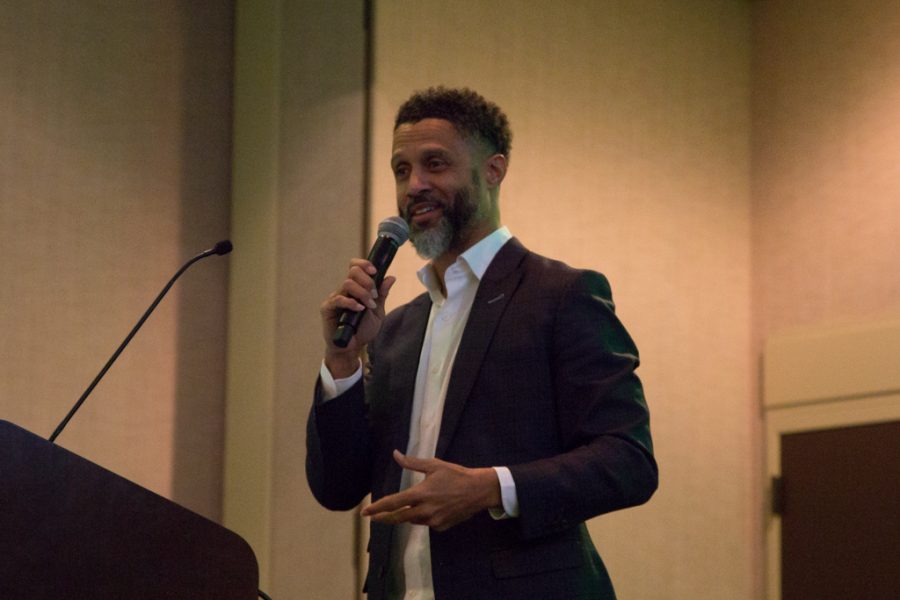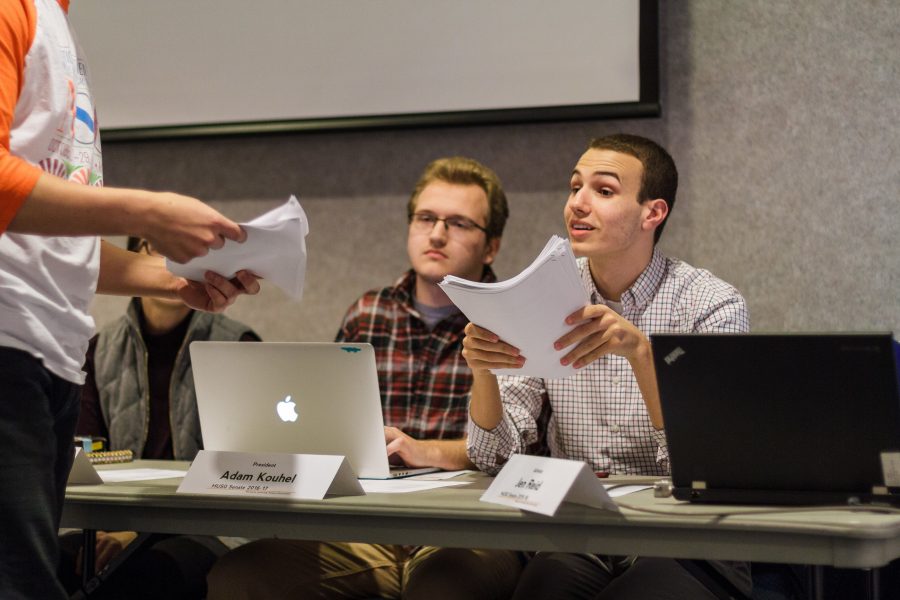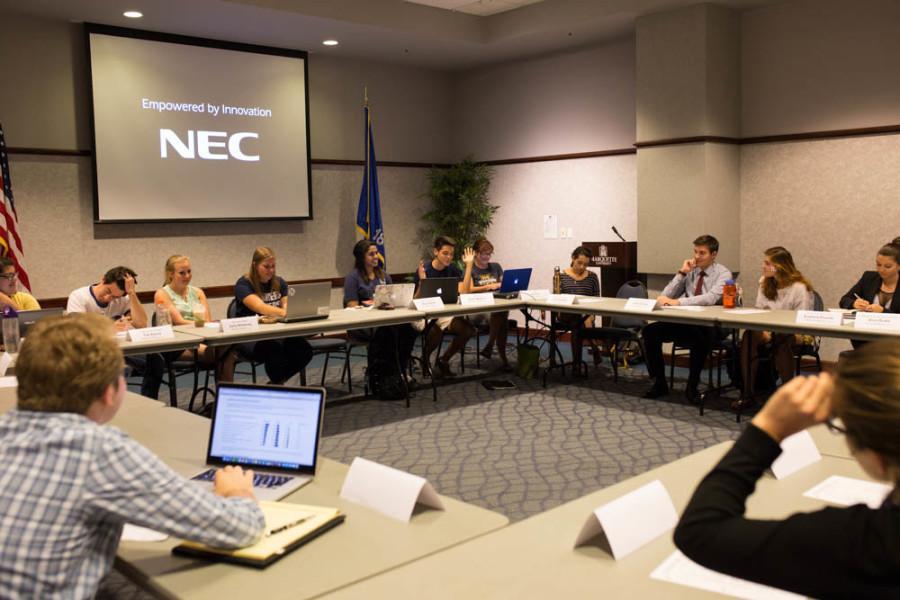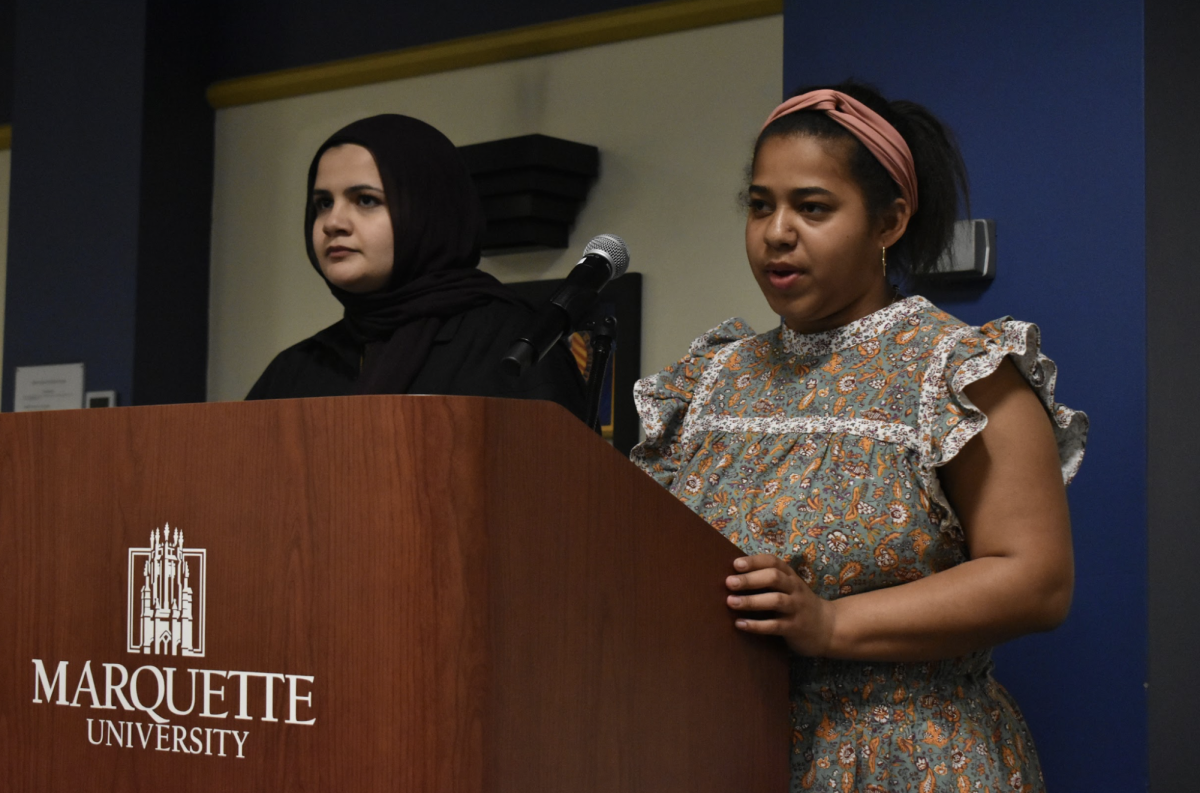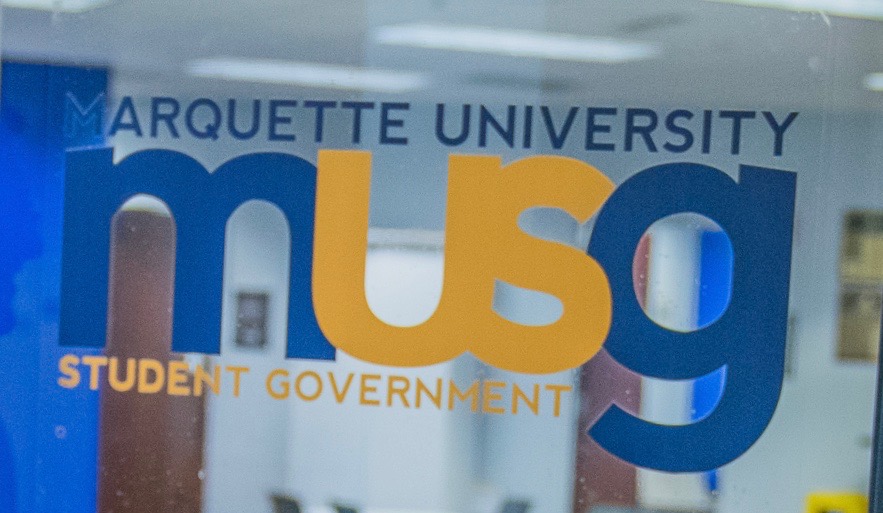
Unbeknownst to many students, Marquette Student Government accounts for a 10 percent cushion each time it establishes its budget in case of shortfalls – a minimum of $47,175, given the current budget. This reserve fund, it turns out, is also uncapped.
By October 2013, this money ballooned to $254,493.56, a cushion over five times the percentage of MUSG’s total budget required to be placed in the reserve. MUSG has failed to give students a reasonable explanation for sitting on a mattress fund this large. MUSG needs to draft legislation dealing with the massive reserve fund soon so students can reap the benefits of money designed for them in the first place.
The reserve fund has remained hidden to many students, and student organizations are left to assume MUSG is experiencing a budget shortfall. Considering the size of the reserve, last semester’s denial of Student Organization Funding becomes all the more puzzling.
But the current reserve is actually a surplus. With that said, underfunded student organizations are left to wonder why they were denied allocations in the first place. MUSG should not spend its time deliberating over which projects deserve funding over others when the money is available to fund all of them – with quite a lot still left over.
Hypothetically, given all applications for funding complied with MUSG’s regulations for funding, $254,493.56 could have easily funded the $31,802 of denied allocations to student organizations for the fall. Funding all requests from student groups in full would have amounted to just 12.5 percent of the reserve.
After establishing a basis for preventing the reserve fund from growing even larger, MUSG should bring some of that money back to students, whether through SOF allocations or separate projects.
If MUSG revamps the rules for SOF to prevent rampant growth of the fund, they will make a step in the right direction. After that, legislators should continue to take down the roadblocks that leave the reserve fund impenetrable – what MUSG Legislative Vice President Kyle Whelton referred to as “quite a bit of red tape” – and start bringing that money back into the fold.
The student activity fee alone accounts for more than 90 percent of MUSG’s total revenue. In theory, students who have been paying into MUSG the past four years as the cushion adjusted should see that money reinvested while they are still on campus – about $100,000. We understand this probably will not happen, especially because MUSG doesn’t have much time to put together a bill addressing the reserve fund before the new budget is implemented in February.
The SOF Committee’s interest in reforming rules for the reserve fund is as encouraging as it is overdue. However, rule reforms will only be adequate if that money can come full circle to fund the student organizations and university projects it was designed for.
MUSG’s 10 percent budget regulation for the reserve fund is by no means outrageous – the cushion is designed to prevent the ramifications of a budget shortfall, which is a perfectly acceptable approach to student funding allocations. But close to 80 percent of the current cushion is extra padding, on top of the minimum reserve, means legislative change is long overdue.



